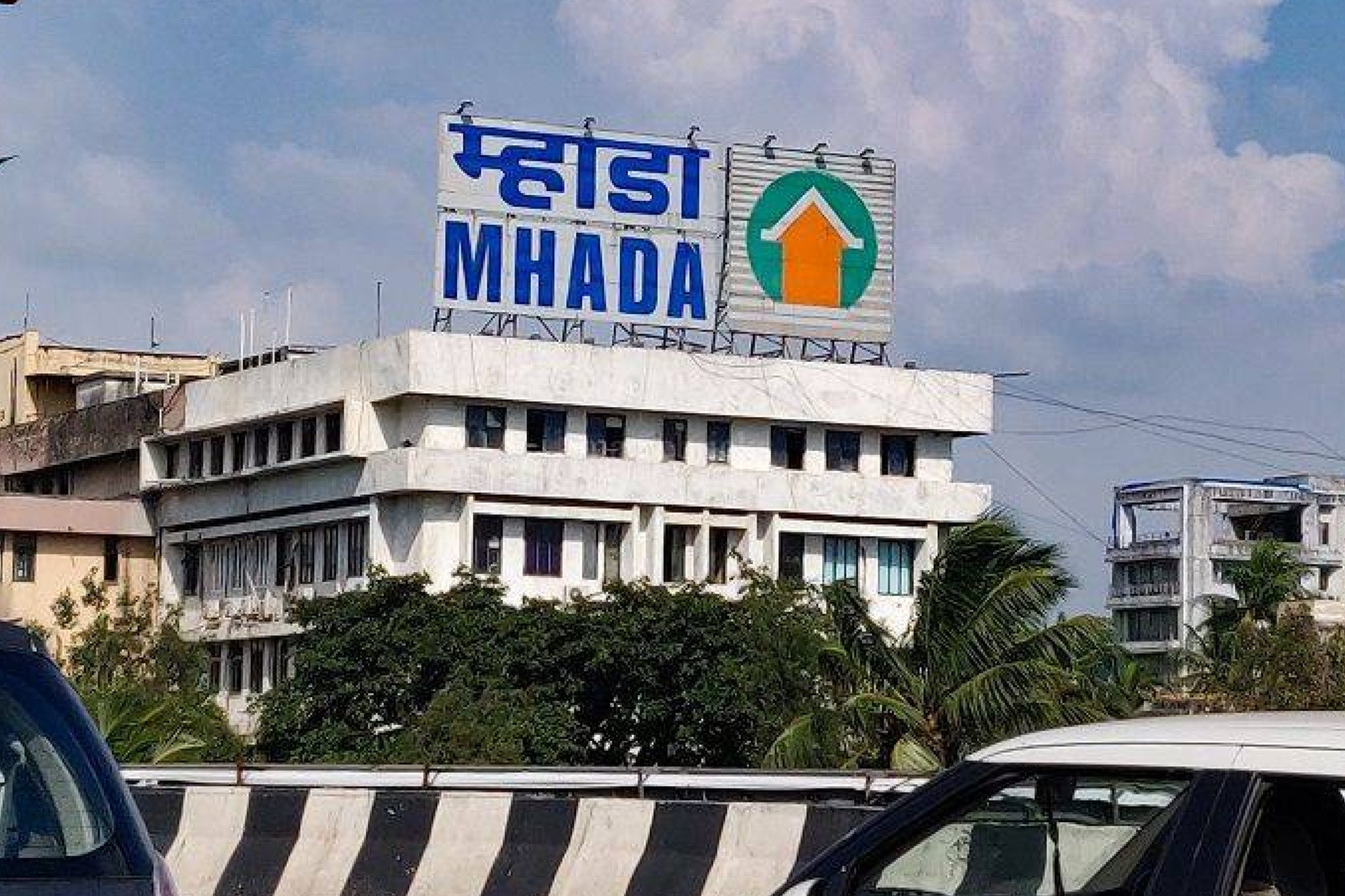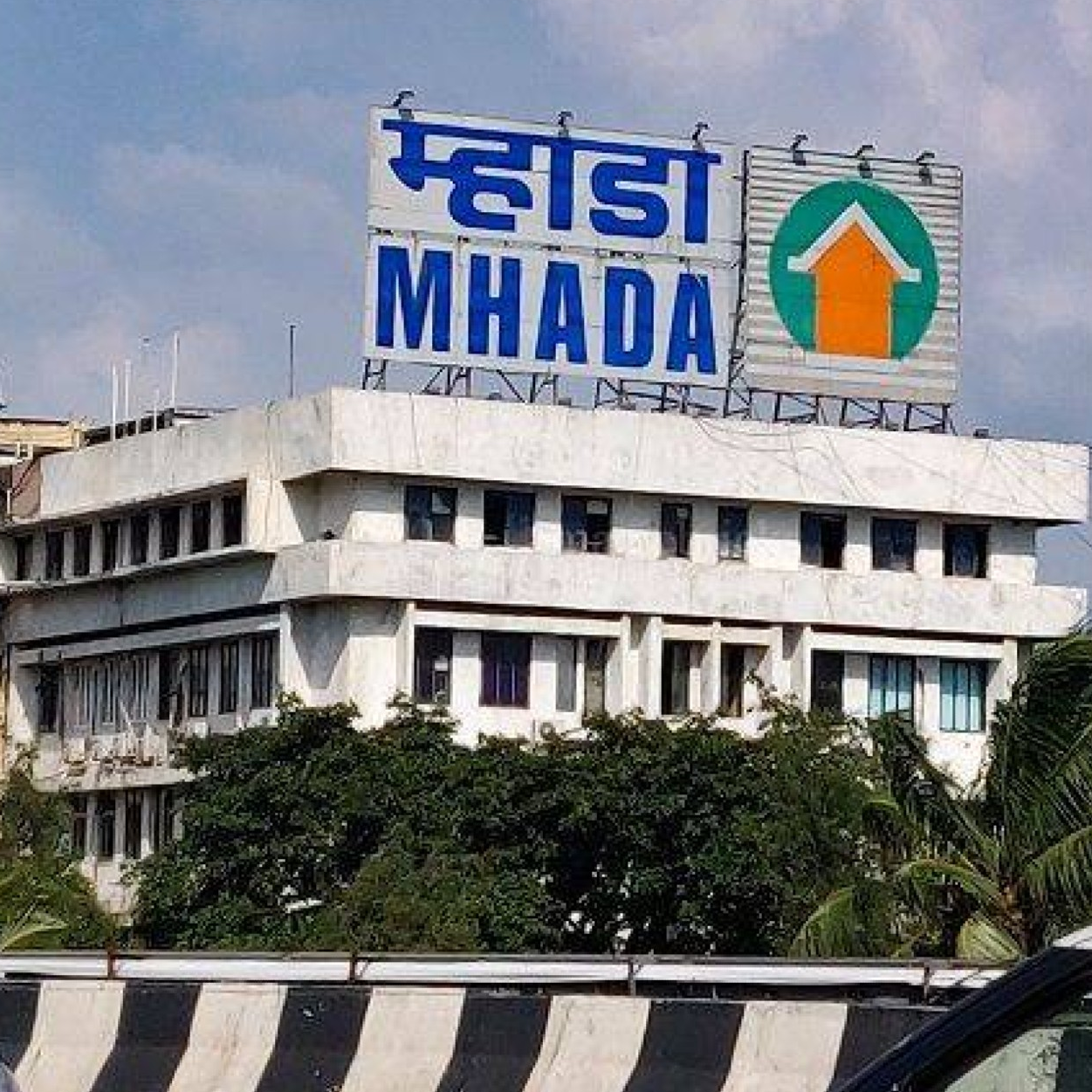
MHADA’s Golden Housing Opportunity: Deadline Extended for Pune Housing Lottery, Thousands Get a Second Chance to Own a Home
In a move that underscores proactive governance and citizen-first urban planning, IAS Sanjeev Jaiswal, Vice President and CEO of the Maharashtra Housing and Area Development Authority (MHADA), has announced an extension for the Pune Housing Lottery 2025. The decision reflects a growing awareness of citizens’ needs and a commitment to expanding access to affordable housing across Maharashtra’s rapidly urbanizing regions. By allowing more time for registrations and payments, MHADA has demonstrated a leadership approach that is both empathetic and strategic, aligning with the government’s larger vision of inclusive growth and equitable city development.
Affordable housing has long been a critical challenge for Indian cities, especially in high-demand regions like Pune and its adjoining districts. With property prices rising at an annual rate of 8–10% in urban centers, middle-income and first-time homebuyers often face barriers to ownership. MHADA’s extension is not just a date revision, it represents a conscious effort to balance administrative efficiency with citizen convenience. This approach resonates with India’s broader urban transformation narrative, where access, affordability, and accountability must converge to create resilient, people-centric cities.
Extended Timeline Brings Relief to Thousands of Applicants
MHADA’s Pune Housing and Area Development Board has extended the application deadline to 11:59 p.m. on November 20, 2025, providing homebuyers additional time to complete their applications for 4,186 affordable homes. The computerized lottery draw will now take place on December 11, 2025, at 12:00 noon. Applicants can continue paying their Earnest Money Deposit (EMD) online until November 20, while RTGS or NEFT payments will be accepted until the end of banking hours on November 21, 2025. This transparent, fully digital process is part of MHADA’s broader strategy to make public housing systems more efficient, traceable, and accessible to the common citizen.
Multiple Schemes Catering to Diverse Housing Needs
The ongoing housing initiative covers a diverse range of schemes catering to multiple income brackets and development regions. These include;
• 1,683 flats under the MHADA Housing Scheme (First Come, First Served).
• 299 flats under the Pradhan Mantri Awas Yojana (Urban) (FCFS basis).
• 864 flats under the 15% Inclusive Housing Scheme within the PMRDA region.
• 3,222 flats under the 20% Inclusive Housing Scheme within PMC, PCMC, and PMRDA limits.
This multiplicity of options showcases MHADA’s inclusive planning model, an approach that ensures both horizontal and vertical integration of housing accessibility.
Listening to Citizens, The Power of Responsive Governance
According to Rahul Sakore, Chief Officer of the Pune Board, the extension was implemented in response to numerous requests from applicants who sought more time to arrange documentation and complete their payments. The move signals a broader administrative maturity within MHADA, one that recognizes the realities of ground-level processes. In large-scale public initiatives, procedural rigidity can often become an obstacle to participation. By recalibrating timelines, MHADA has reinforced a key tenet of effective governance, listening to citizens and adapting policies accordingly. This responsiveness marks a shift from a transactional to a participatory form of administration, where citizen feedback directly informs institutional decisions.
Transparency as the Foundation of Trust
Transparency remains central to MHADA’s operations. In an age where misinformation and fraudulent intermediaries can mislead citizens, MHADA continues to emphasize official communication channels. Applicants are urged to use only its verified websites: https://lottery.mhada.gov.in and https://bookmyhome.mhada.gov.in for registrations, and to refer to the detailed information booklet available at https://housing.mhada.gov.in. The authority has also reiterated that it has not authorized any private agents or brokers to act on its behalf. Any financial transaction outside the official portal will be at the applicant’s own risk. This advisory is more than a precaution, it is a crucial reminder of the importance of institutional trust and public vigilance in a digital economy.
Affordable Homes as Engines of Urban Stability
The extension also highlights a deeper theme in India’s urban narrative, the transformation of housing from a mere shelter to a socio-economic catalyst. Affordable homes directly influence productivity, workforce stability, and community well-being. As Pune’s economy expands through sectors like IT, manufacturing, and education, access to stable housing near employment hubs becomes a vital component of economic competitiveness. By creating over 4,000 housing opportunities in this phase alone, MHADA is strengthening the structural base for sustainable urban expansion.
Building Trust Through Accessibility and Fair Process
As the draw date approaches, MHADA’s transparent, technology-driven approach continues to set a benchmark for other public housing initiatives. The organization’s clarity in timelines, procedures, and communication helps citizens make informed decisions while eliminating unnecessary intermediaries. By emphasizing official online platforms and structured procedures, MHADA ensures a level playing field for all participants, reinforcing its reputation as a trusted public institution committed to fairness and accountability.
Beyond Deadlines, The Moral Imperative of Inclusion
As cities like Pune evolve into regional economic anchors, the role of public agencies like MHADA will grow more strategic. Affordable housing is not merely an infrastructure issue, it is a public good that influences migration patterns, employment stability, and urban inclusion. A well-timed extension such as this one keeps citizens engaged, reduces procedural stress, and ultimately improves the success rate of government schemes. It transforms a bureaucratic exercise into a participatory platform for opportunity.
Deadlines, at their core, are administrative constructs, inclusion, however, is a moral choice. MHADA’s decision to extend the Pune Housing Lottery reflects more than administrative flexibility, it reflects intent. It is an acknowledgment that sustainable urban growth cannot be built on rigid timelines but on responsive systems that accommodate the realities of citizens’ lives. As Pune’s skyline continues to rise, this extension stands as a reminder that good governance is not just about managing cities, it is about empowering the people who build them, live in them, and dream within them.



